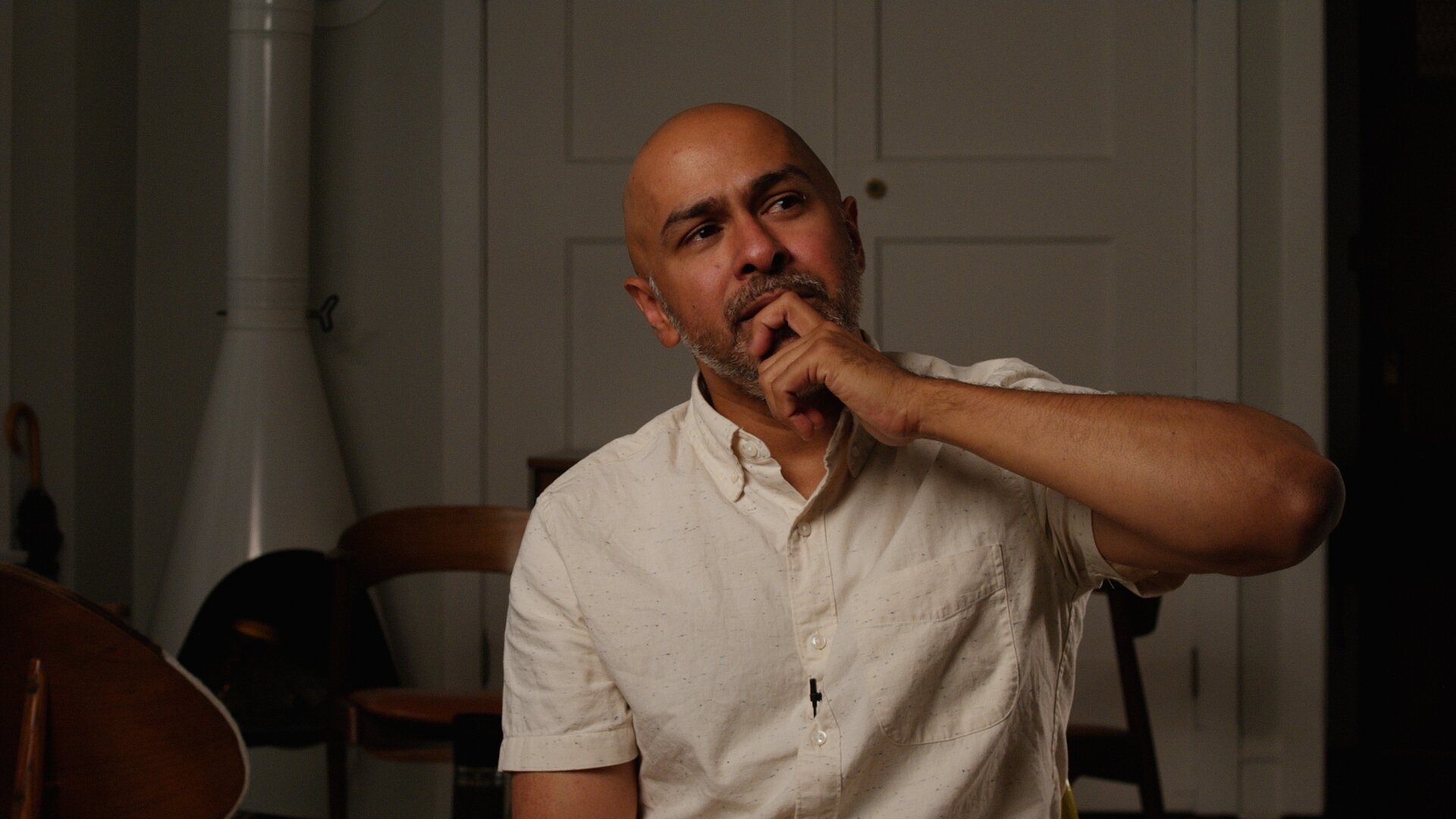
Rafeeq Hasan
July 22 2019
Rafeeq Hasan discusses his work on freedom. He begins by situating his view within the republican tradition of political thought. Within this tradition, whether someone is free is not simply a matter of her being able to make certain choices but has to do also with the wider social conditions in which she makes these choices. Someone can have a wide range of choices available to her while still being unfree because her having these choices is arbitrarily dependent on someone else's say-so, as would, for example, be the case in a slave-master relation. Hasan is interested in exploring how to account for the role of institutions on this model. As he points out, the paradigm cases in which one person dominates another are made possible by a whole range of supporting institutions, e.g., labor laws, social attitudes, economic structures. More, he thinks, needs to be said, for example, about the positive role that such institutions can play in promoting people's freedom. Hasan also explains how the relational conception of freedom might give us an interesting route to seeing why massive economic inequality is problematic. A more familiar route–one, for example, that Rawlsians takes–relies on the thought that such inequality is unfair and that those who have accumulated wealth, in having relied on others and on various public goods to do so, are not entitled to all that they've earned. But not everyone shares this sense of what's fair. Starting with freedom as what we at bottom value might have wider appeal. If it can be shown that massive economic inequality makes it more likely that people will be dominated by others, that they will be reduced to a state of unfreedom, we'd have an entirely different set of reasons for thinking that such inequality is wrong. Hasan ends by discussing the issue of gentrification and explains how the relational conception of freedom might help us account for what can be problematic about gentrification. This case, he suggests, is one in which philosophy can help us figure out what kind of argument we should be offering in support of the political change we want to see. Rafeeq Hasan is Assistant Professor of Philosophy at Amherst College.